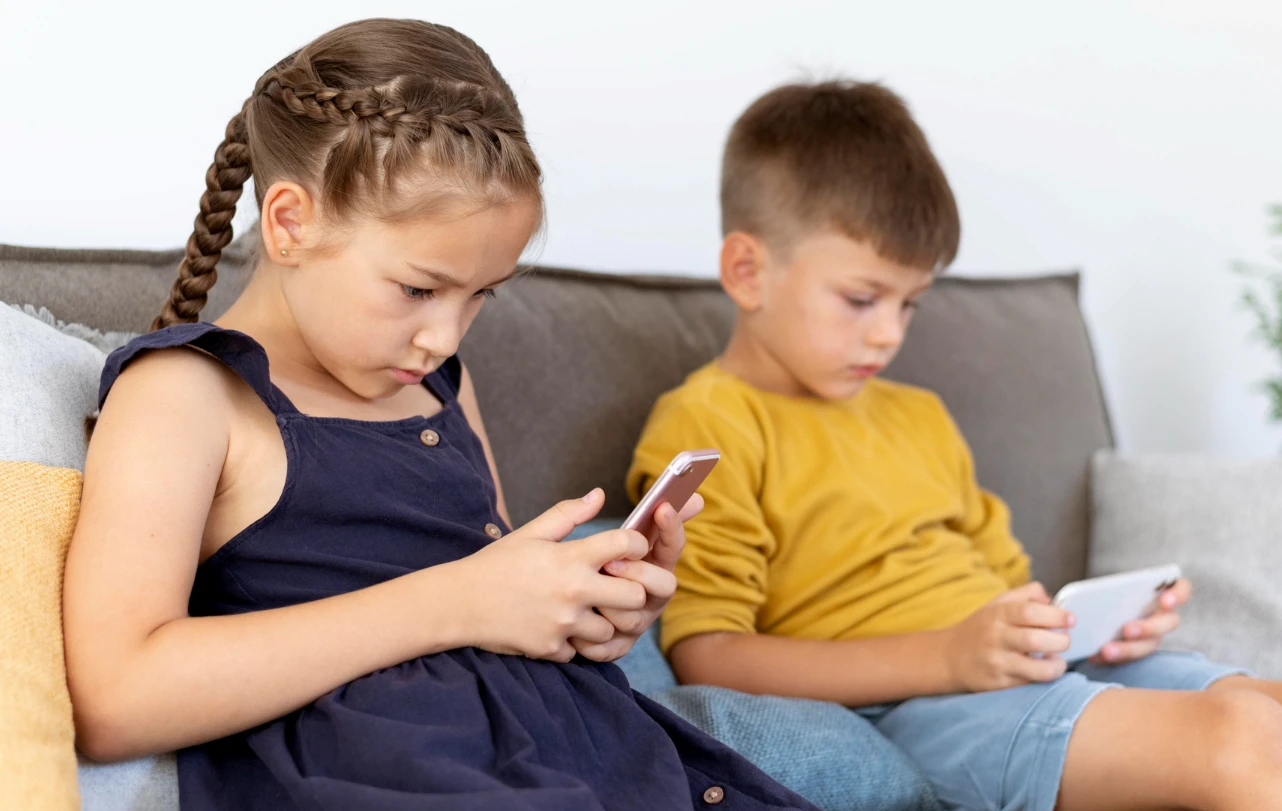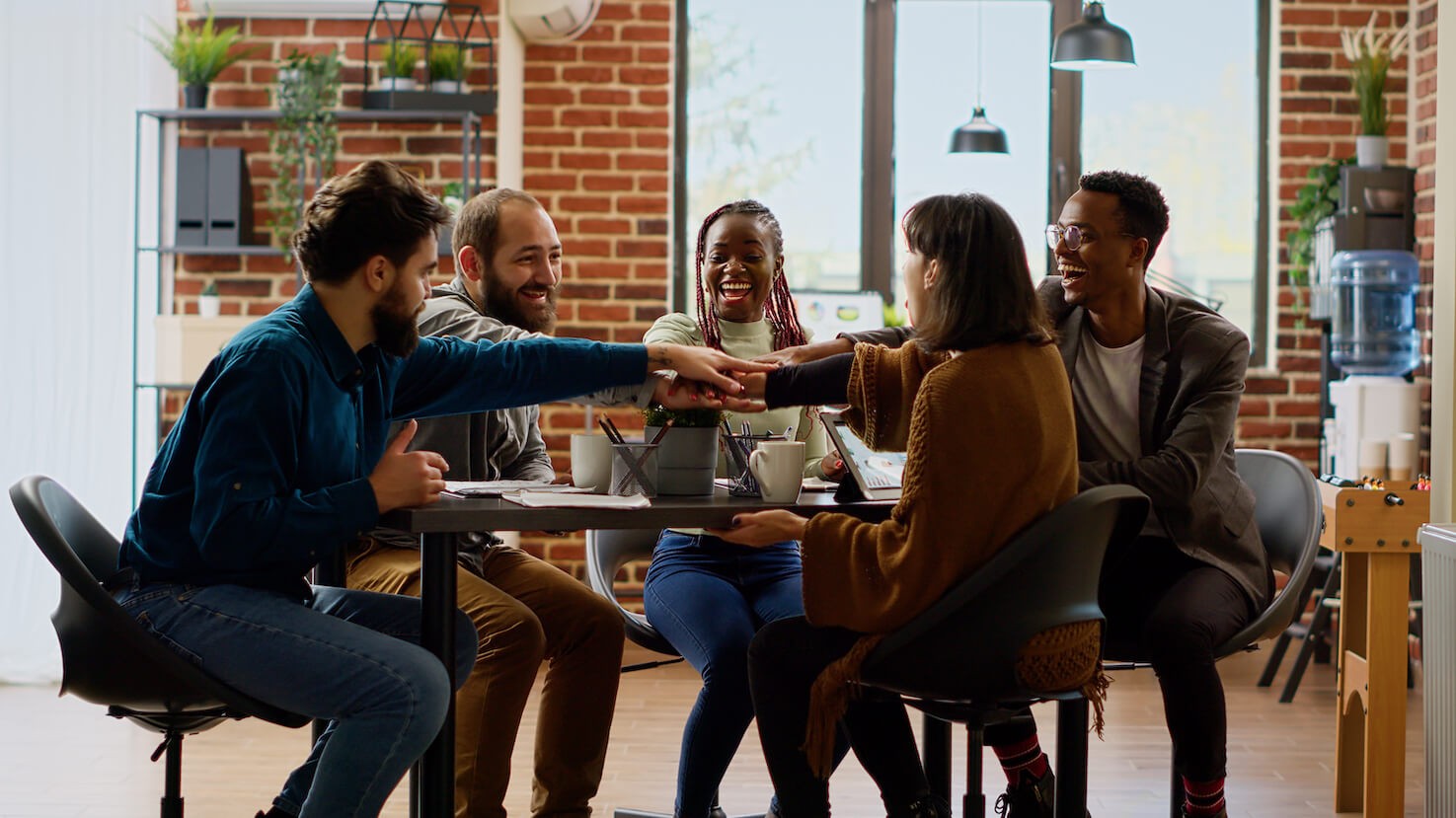Australia moved closer to banning social media for children under 16 on Wednesday after the lower house of parliament passed a bill, even as Alphabet Inc. and Meta, owners of Google and Facebook, pressured the government to do so. would delay the legislation.
Australia’s House of Representatives passed the bill 102-13, one of the world’s strictest social media controls, after Prime Minister Anthony Albanese’s center-left Labor government won bipartisan support for it. the ban.
The Senate is expected to debate the bill later on Wednesday, and the government is keen to ensure it is passed before the parliamentary year ends on Thursday.
Albanese, who is trying to improve his approval ratings ahead of elections scheduled for May, has argued that excessive use of social media poses risks to children’s physical and mental health and is seeking support from parents.
The proposed law would force social media platforms to take reasonable steps to ensure age verification protections are in place. Companies could be fined up to US$32 million for systematic violations.
Australia plans to test an age verification system that could include biometrics or government identification to enforce the ban.
A Senate committee backed the bill this week, but also inserted a condition that social media platforms should not force users to submit personal data such as passport and other digital identification to prove their age.
The committee added that the government must “engage meaningfully” with young people when drafting the law.
“Young people, and particularly diverse groups, must be at the center of the conversation as an age restriction is implemented to ensure there are constructive avenues for connection,” said committee chair Senator Karen Grogan.
In their submissions to parliament, Google and Meta said the ban should be delayed until the age verification trial is completed, expected in mid-2025. Bytedance’s TikTok said the bill needed further consultation, while Elon Musk’s X said the proposed law could harm children’s human rights.
You may be interested in: Seoul shows concern over Trump’s proposal to tax Mexican goods
Australia moves closer to banning social media for children after heated debate
The ban was first announced during an emotionally charged parliamentary inquiry into social media, which included testimonies from parents of children who had self-harmed due to cyberbullying.
It has fueled an intense debate between youth advocates who argue it deprives children of their voice and parent groups who say those under 16 are too young to navigate the digital world.
Teenagers have said the law could separate them from their most important social and family connections, arguing that a ban is not the solution.
“I understand that using social media too much is not a good thing and I am working on it,” said Enie Lam, a 16-year-old Sydney high school student. “But a ban is not going to work,” he said.
Albanese’s party, which does not control the Senate, won crucial support from opposition conservatives for the bill, but failed to convince the left-leaning Greens and some far-right lawmakers on civil liberties and privacy issues. .
A Conservative member of the Lower House broke from his party and voted against the bill on Wednesday, a rare event in Australian politics, and two Conservative senators said they would also vote against it, arguing the law should be delayed until the age verification trial will be completed.
Even the Australian Human Rights Commission, an independent legal authority, opposed the ban, saying it violated children’s rights to free expression and participation in society.
Still, polls show public support is overwhelmingly favorable to the measure. A YouGov poll released this week showed 77% of Australians backed the ban, up from 61% in August.
Australian media, from the publicly owned Australian Broadcasting Corp to Rupert Murdoch’s News Corp, also support the ban. An editorial campaign by News Corp, the country’s largest newspaper publisher, pushed for the ban under the slogan “Let them be children.”
“Our members feel this is one of the biggest issues affecting them and their families right now,” said Jenny Branch-Allen, president of the Australian Parents Council, an advocacy group.
“Large companies have to start assuming their responsibility. “Let’s try to reduce the incidents we are hearing related to social media and young people in Australia.”
With information from Reuters.
Do you like photos and news? Follow us on our Instagram


